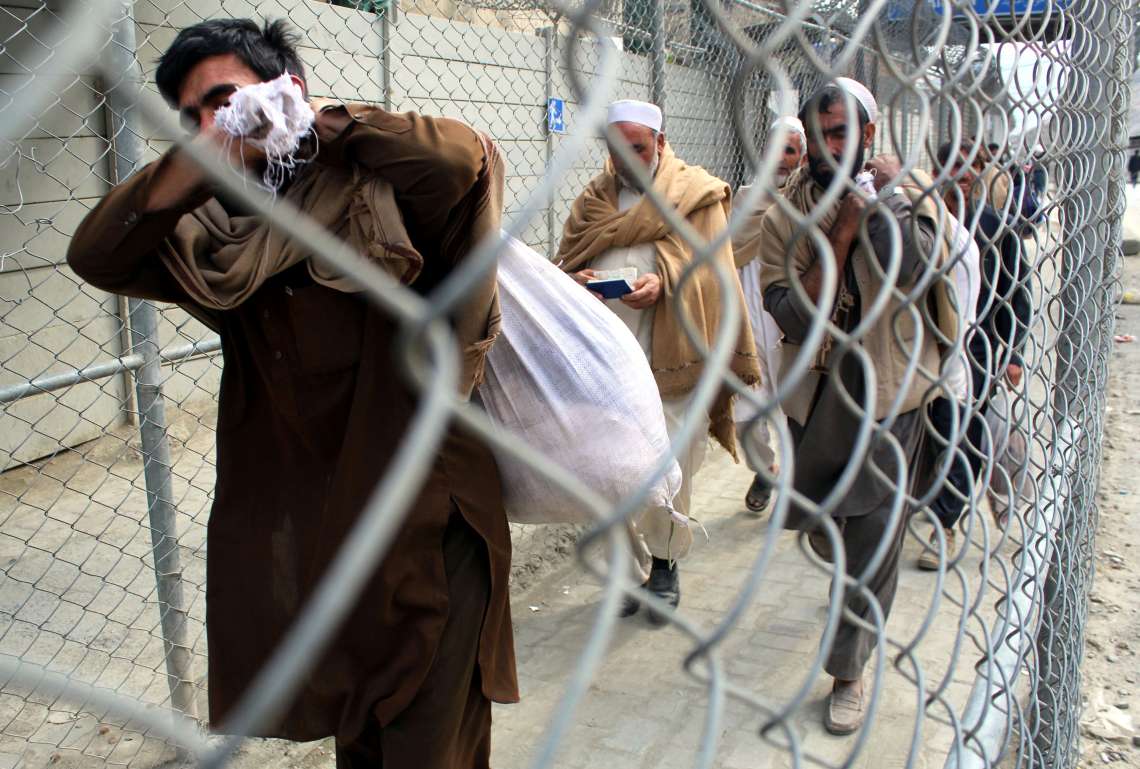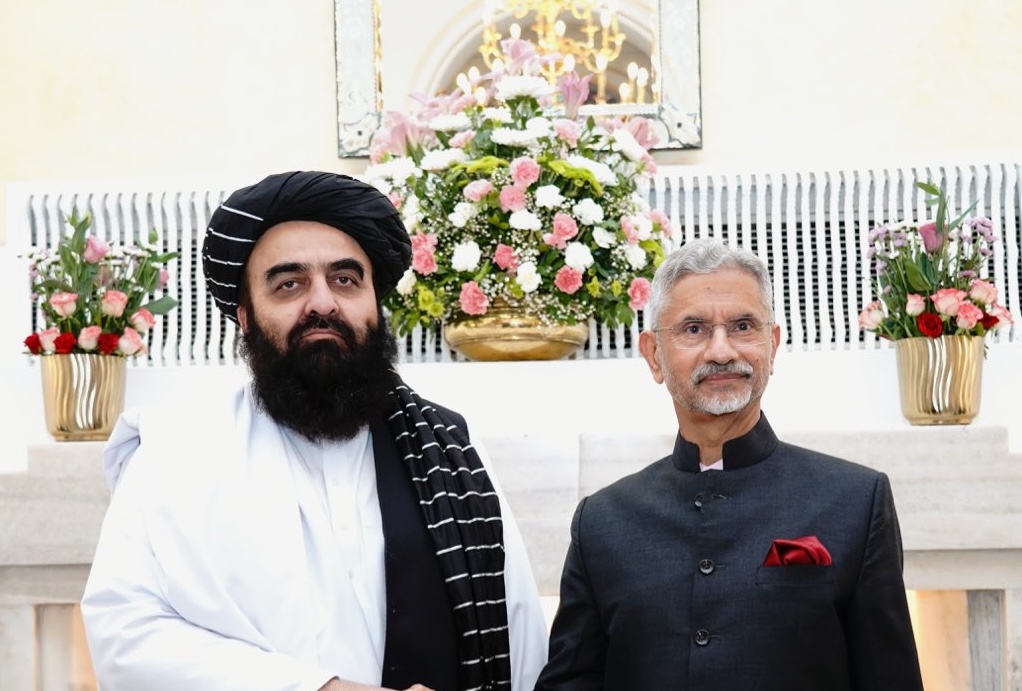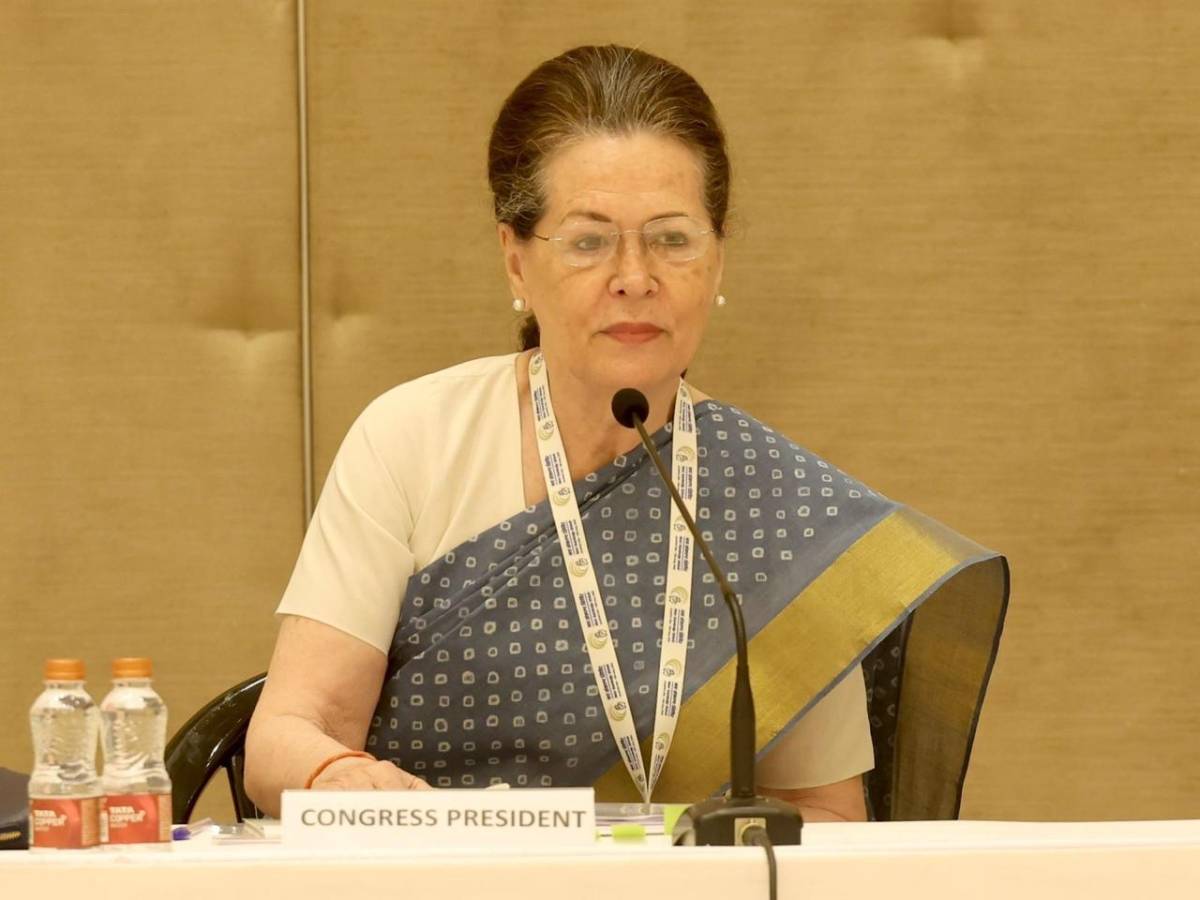A successful G20-related event in Kashmir may have a ripple effect in Pakistan. The separatist movements in Balochistan, Sindh, or the anti-CEPC voices in PoK, may get a booster shot, a report by Deepika Bhan
Holding the 2023 G20 Summit and its related events in J&K and Ladakh can be a major diplomatic victory for India, even as Pakistan and China have started voicing their reservations about the decision of the Narendra Modi government.
India will assume the G20 Presidency on December 1, 2022, from Indonesia, and will host the G20 Summit for the first time in India in 2023. Though it is essentially about economics, the G20 Summit could provide a platform to India to set certain age-old diplomatic issues on the right course.
At this moment, though, it is not clear whether the main Summit will be held in J&K or Ladakh, but the events related to it or the preparatory meetings, could definitely be hosted in the two union territories. The Centre has been silently working to set up the infrastructure in the two UTs needed to host a prestigious international event such as the G20 Summit.
On June 23, the Jammu and Kashmir administration constituted a five-member committee to coordinate with the Ministry of External Affairs on the G20 meetings.
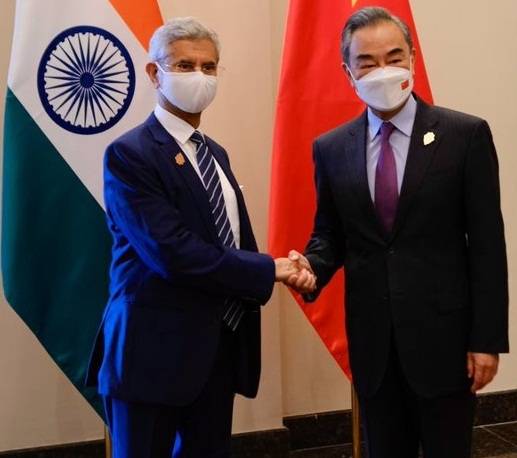
As India embarks on its preparations for the big event, its neighbours, Pakistan and China, have started crying foul. Both have opposed India’s plan to hold meetings linked to the conclave in Jammu and Kashmir.
Despite this expected criticism, India is going ahead with planning some events related to the Summit in Ladakh as well. And preparatory steps have already been initiated. Ladakh Divisional Commissioner Saugat Biswas and the Deputy Inspector-General, Sheikh Junaid Mehmood, have been appointed nodal officers for the region for the events.
Why Pak, China are feeling the pinch
Pakistan and China have reasons to feel the pinch if big events take place in Kashmir and Ladakh. Not only will the world see the two regions as happy parts of India, the focus may also shift to China’s illegal activities in Pakistan-occupied Kashmir by way of the China-Pakistan ‘economic corridor’, or CEPC. It may also put the focus back again on Pakistan as a country that sponsors terrorism against the people of Kashmir.
A successful G20-related event in Kashmir may have a ripple effect in Pakistan. The separatist movements in Balochistan, Sindh, or the anti-CEPC voices in PoK, may get a booster shot.
A rattled Pakistan has therefore rushed to its close allies Turkey and Saudi Arabia, and is exhorting them to boycott the summit. There are reports that Pakistan may also take up the matter with the US, the UK and other G20 nations.
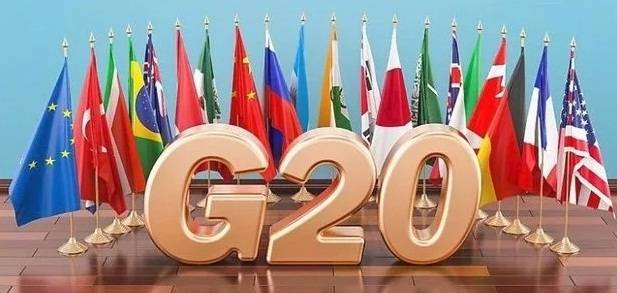
What makes Pakistan and China uneasy is the fact that their narratives with regards to Kashmir may get exposed. Also, the OIC that toes Pakistan’s line on Kashmir may also get an answer.
Countries like Turkey, who have vociferously spoken against India on the issue of Kashmir, will be under focus as to whether they will go to Kashmir. And China too, which always nudges Pakistan against India and believes J&K and Ladakh are �disputed’ will have to decide whether to be part of the event in Kashmir or not.
G20 in Kashmir has a tremendous significance in the diplomatic world and will set a path for course correction for all those who have gone along with the propaganda of Pakistan and China.
The move by India may be viewed as an effort to assert its right to govern J&K as its integral part and reject Pakistan’s counter-claim on it. It is also New Delhi’s objective to make the international community recognise and realise India’s sovereignty over both Jammu & Kashmir and Ladakh.
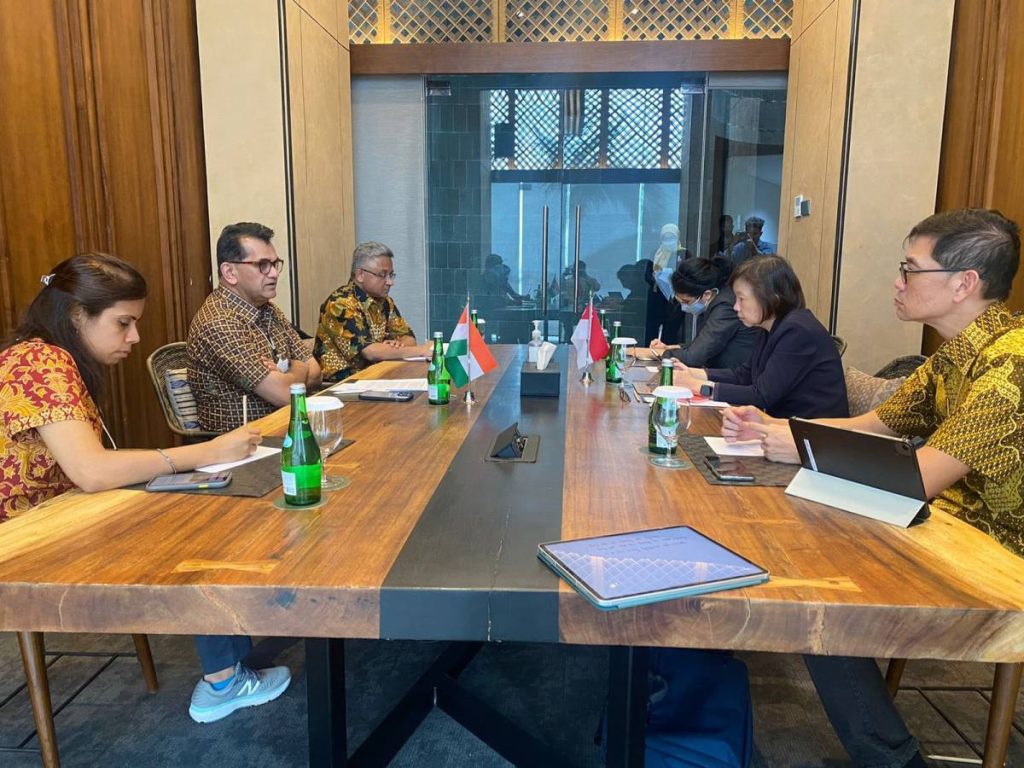
Pak lies will be up for global scrutiny
Holding big events such as those related to the G20 Summit can also help expose Pakistan and the international lobbies backing its efforts to portray Kashmir as a militarised zone and ordinary Kashmiris as being persecuted.
Pakistan’s stance is on expected lines because it opposes India’s efforts to normalise the situation in Kashmir and tries to create trouble by sponsoring terrorism in the Valley. It uses any excuse to thwart steps that help in bringing stability and economic improvement for the local populace.
After the abrogation of Article 370 on August 5, 2019, the two union territories have been opened up to the world as integral parts of India.
A stream of international delegations have visited J&K ever since and presented a fair picture, thereby evoking a keen interest among investors.
Several CEOs from Gulf countries have visited Kashmir to explore investment opportunities. Earlier this year, in March, more than 30 business persons from Gulf countries participated in an investment summit in Kashmir. They said there was a huge potential for investments in the UT.
Though Pakistan has shown its annoyance on this, it has failed to create any effect. On the other hand, New Delhi has been encouraged by the response of international business houses to invest in Jammu and Kashmir, so it has decided to raise the UT to the next level, which is to make it host big events such as the G20 summit next year.
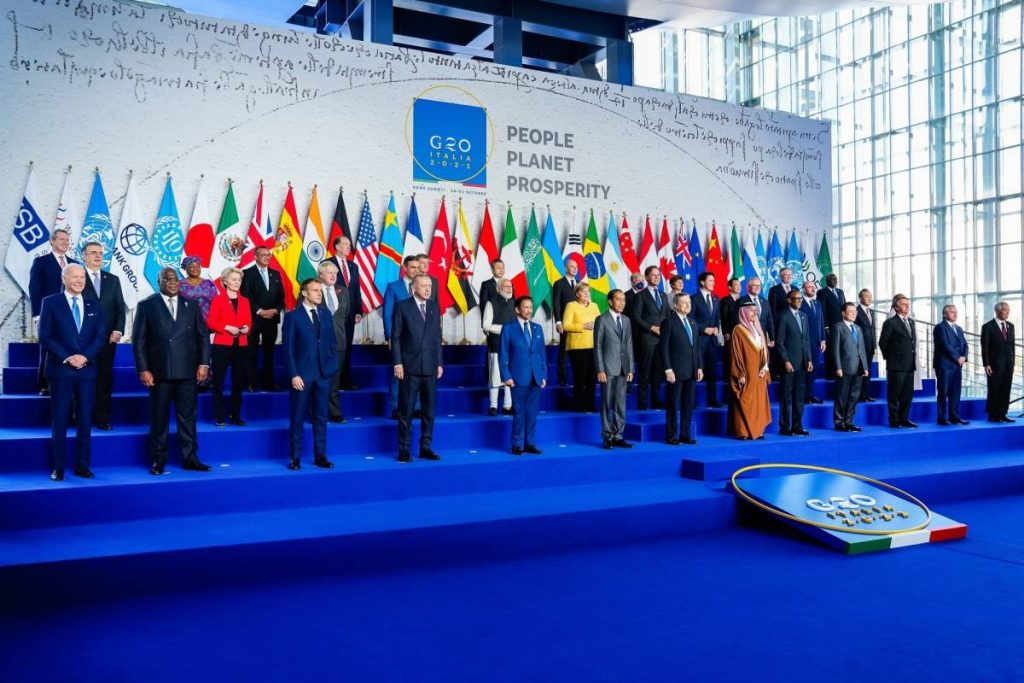
G20: An economic powerhouse
The G20 comprises the world’s major developed and developing economies. It accounts for 85 per cent of the global GDP, 75 per cent of international trade and two-thirds of the world population, making it the premier forum for international economic cooperation.
Harsh Vardhan Shringla, Chief Coordinator, G20 Secretariat in the Ministry of External Affairs, has said “India’s presidency of the G20 provides a unique opportunity to place our narrative in the global agenda and to showcase India’s development and cultural diversity”. He wrote a letter to all the chief secretaries of the states and UTs, calling for their support in hosting G20-related meetings. And how could J&K and Ladakh not be included in this?
Hosting G20-related events in J&K and Ladakh, no doubt, could send out a diplomatic message. It could also help in building the narrative that both UTs are doing well as free places like any other state of the Union.
By choosing Jammu & Kashmir as one of the venues for the G20 Summit, India has sent a clear and loud message to Pakistan that its claim on the region has no locus standi and bearing at the international level. A similar message is also being sent out to China, which has been creating trouble in Ladakh.
For India, the G20 summit and its related events can be held in any part of the country, so it might as well be Jammu & Kashmir and Ladakh. The message going out to Pakistan and groups and nations backing it is loud and clear: the world regards Kashmir as an inseparable part of India.



